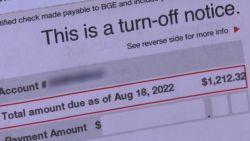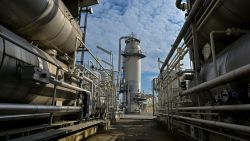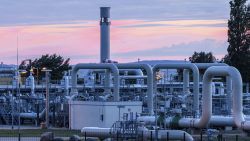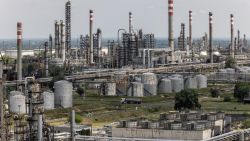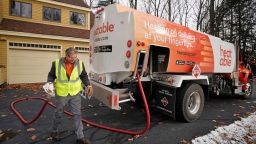No matter how you heat your home, the cost of that heat is likely to soar, according to a forecast Wednesday from the Energy Information Administration.
Based on current estimates for fuel prices if, as forecast, there’s a slightly colder winter ahead, the EIA estimates that heating a home with natural gas heating costs will rise about $200 on average, or 28% to $931 for the winter.
Still, that’s not as bad as heating oil costs, which are forecast to jump $1,200, or 27% to $2,354. Electric heating costs could rise $123, or 10%, to $1,359, while propane heating costs are expected to rise $80, or 5%, to $1,688.
Bear in mind that in many cases these increases are on top of even higher percentage increases from a year ago. For example, heating oil costs jumped more than 50% for winter last year. Consumers who use heating oil can expect to pay nearly double what they paid for the winter of 2020-21.
Nearly half of homes nationwide use natural gas to heat their homes, and about 40% use electricity. But 80% of the homes using electric heat are in the South and the West, which require less heat than the Midwest or Northeast. Heating oil is only used in 4% of homes nationwide, with almost all of them in the Northeast.
The cost estimates are based partly upon weather forecasts from the National Oceanic and Atmospheric Administration, which is projecting about a 6% increase in the number of days heating is needed, as weighted by population. If this winter turns out to be colder than expected, the cost of heating could rise significantly.
For example, a winter that is 10% colder than the base case forecast would raise natural gas heating costs by $370, or 51%, rather than the $200 increase in the base case scenario, according to the EIA. But if the winter is 10% less cold than expected, it would save those using gas heat only about $70 off that projected $200 increase.




